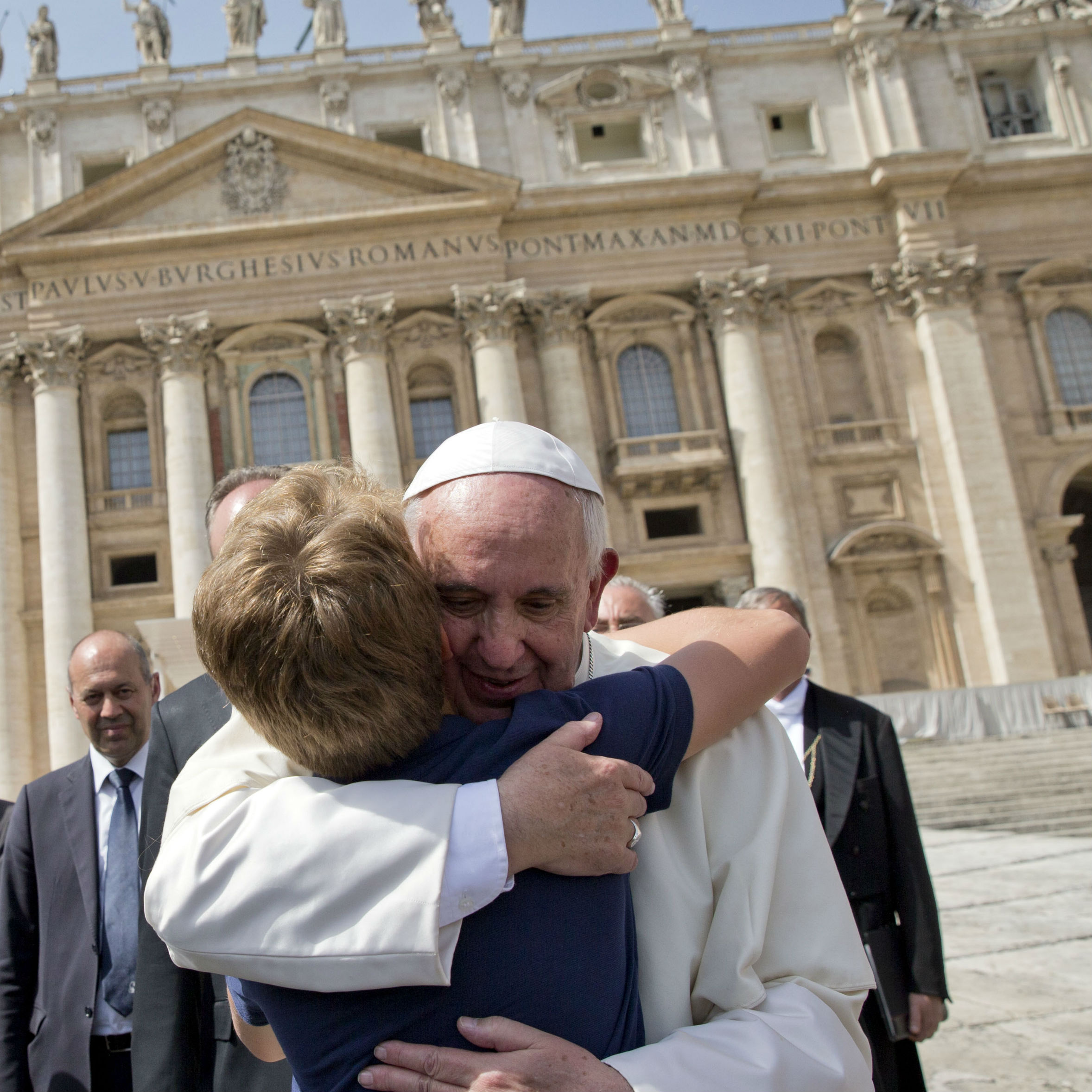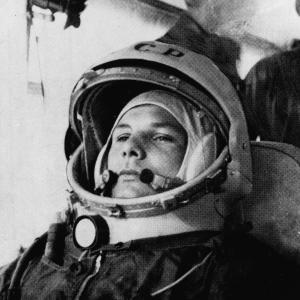A Russian man who claimed that “God does not exist” during a heated exchange on a social media website is in danger of becoming the first victim of a new law that hints at the rising influence of the Orthodox Church on the Kremlin.
Viktor Krasnov is due in a court in Stavropol today - about 1,000km south of Moscow - charged with “insulting believers” in a case that complicates the rights of freedom of expression with the rights of freedom of religion.
Up until reasonably recently, Russia’s view on religion was quite clear, as Karl Marx asserted: “Religion is the sigh of the oppressed creature, the heart of a heartless world, and the soul of soulless conditions. It is the opium of the people.”
Historically, criticism of atheism was strictly forbidden and often led to arrest and imprisonment. Clergy were often targeted: since the Bolshevik Revolution in 1917 up until the end of the Khrushchev era an estimated 50,000 clergy were executed.
The Soviet machine was so geared towards the social annihilation of religion that there was no story that could not have the atheist line folded into it. In 1961, for example, Yuri Gagarin’s historic space trip became proof that God did not exist. Premier Nikita Khrushchev triumphantly told a meeting of the Central Committee once Gagarin had been safely returned to Earth: “Why didn’t you step on the brakes in front of God? Here is Gagarin, who flew up to space, and yet, even he didn’t see God anywhere.”
But it was a confused assertion as, despite the outward Marxist propaganda, inwardly Communist leaders leant towards the Orthodox Church of Russia, and throughout the Communist era the general population refused to give up religion.
Josef Stalin implemented an “atheist five-year plan” in the 1930s to rid the state of all religions, but little more than a decade later in 1943, as the Nazis toured Blitzkrieg through the western plains, “Uncle Joe” turned to the Patriarch of Moscow Sergius to help instil national pride in the people. It was a startling admission by Stalin that the power of Christianity was still so potent despite his assertive campaign to oppress it.
This historic principle is not lost on Putin who has courted the church throughout his reign. Kirill has been reciprocal from the start: in 2000 he declared that Putin’s premiership was a “gift from God” for Russia.
Putin - who was secretly baptised into the church as a boy by his mother who did not want his father, a Communist Party official, to find out - heaped praise on Kirill’s church recently for creating a “spirit of patriotism” in Russia’s youth.
The powerful pull of the Russian Orthodox Church in the Kremlin has always been a numbers game. Although only 13 per cent of the population are regular churchgoers, seven out of ten Russians labelled themselves as Russian Orthodox, according to a poll last year by the state-sponsored Public Opinion Foundation, the oldest polling group in the post-Soviet era.
It is that relationship that provided the focus for the “blasphemy law” which rendered punishable "public actions that express clear lack of respect for society and are carried out with the aim of insulting the religious feelings of believers".
The law came into force after a performance by the feminist protest group Pussy Riot at Christ the Saviour Cathedral in Moscow in February 2012.
The group sang the “punk prayer” which has the chorus “Mother of God, Blessed Virgin, drive out Putin!” to highlight the tightening relationship between the church and the state.
Their performance was an embarrassment to the church who were taken by surprise by the protest but their trial even more so as they could only be charged with “hooliganism” - an absurd charge considering, as their lawyer pointed out in court, the group performed alone in an empty cathedral.
Last month, the judge in the Krasnov case highlighted the fundamental reversal of Russian thinking on religion when he ordered that the accused spend a month undergoing psychiatric testing because “no one in their right mind would write anything against Orthodox Christianity and the Russian Orthodox Church”.
Not everyone in the Russian Orthodox Church is enamoured with the new law. Father Antony Skrynnikov, a priest in Stavropol wrote in his defence: "My personal opinion is simple: the court case is senseless and I hope that he [Krasnov] is acquitted.
“In my view he is an unhappy, lost soul. You can feel sorry for him, but you can't want to take revenge against him, enjoy his suffering or be happy if he, God forbid, is convicted."
If convicted today, exactly 55 years to the day since Gagarin flew to the stars and his comrades triumphantly denied the existence of God, Krasnov could be sentenced to a year in prison for the same thing.
KEEP UP TO DATE ON TWITTER AND FACEBOOK...
Follow all the latest news and events from the Catholic world via The Tablet's Twitter feed @the_tablet
Or you can join in the debate at our community page on Facebook





 Loading ...
Loading ...
What do you think?
You can post as a subscriber user...
User Comments (0)